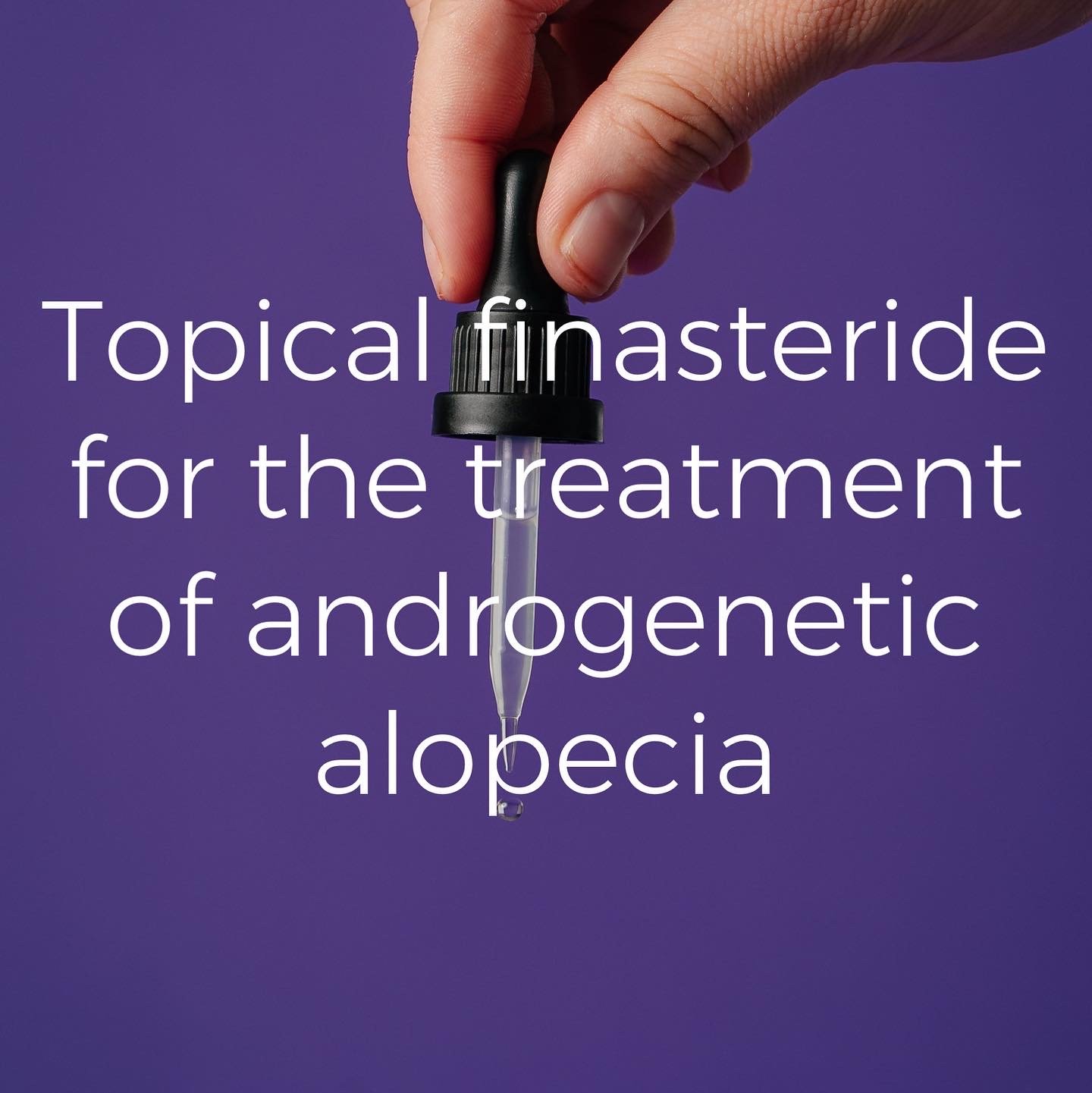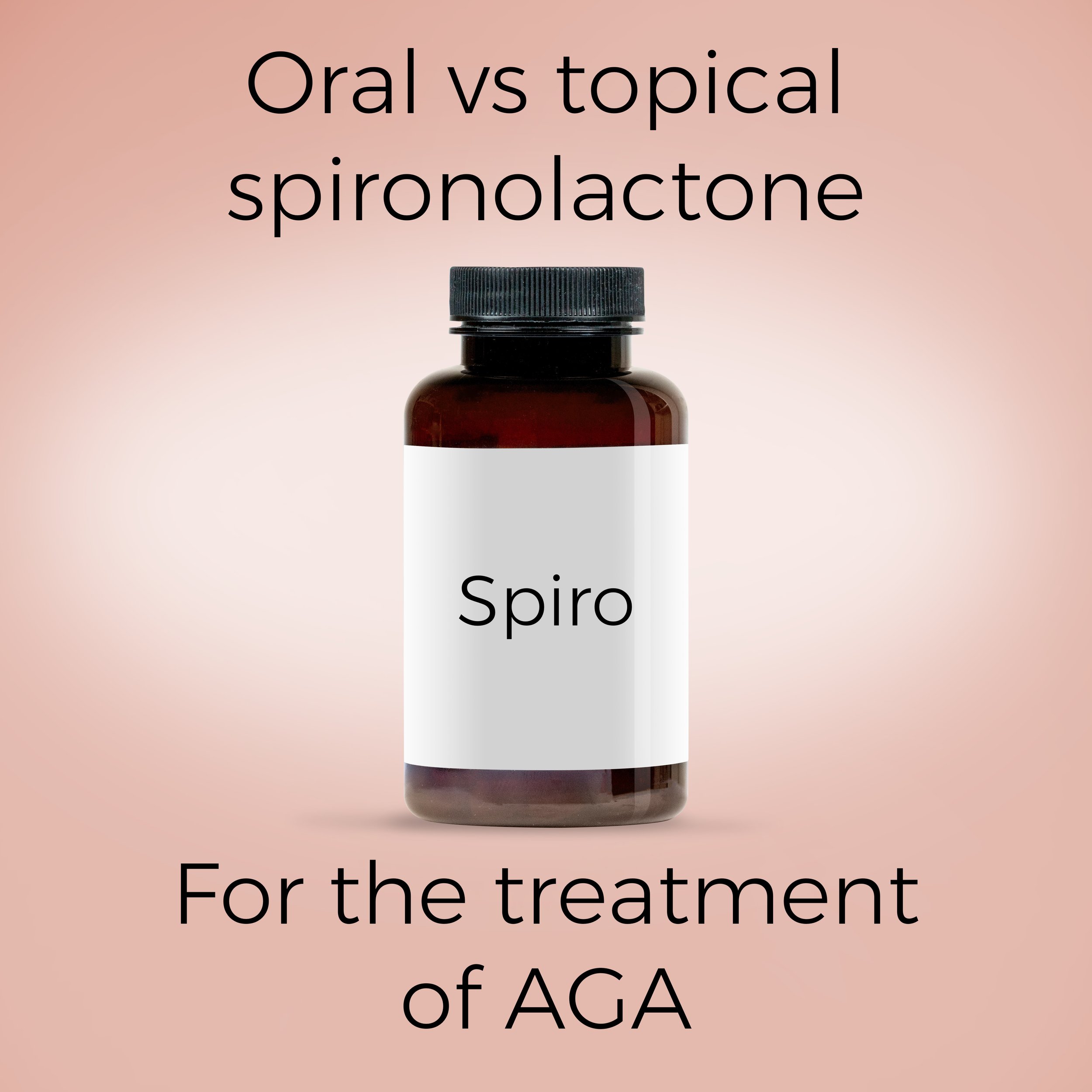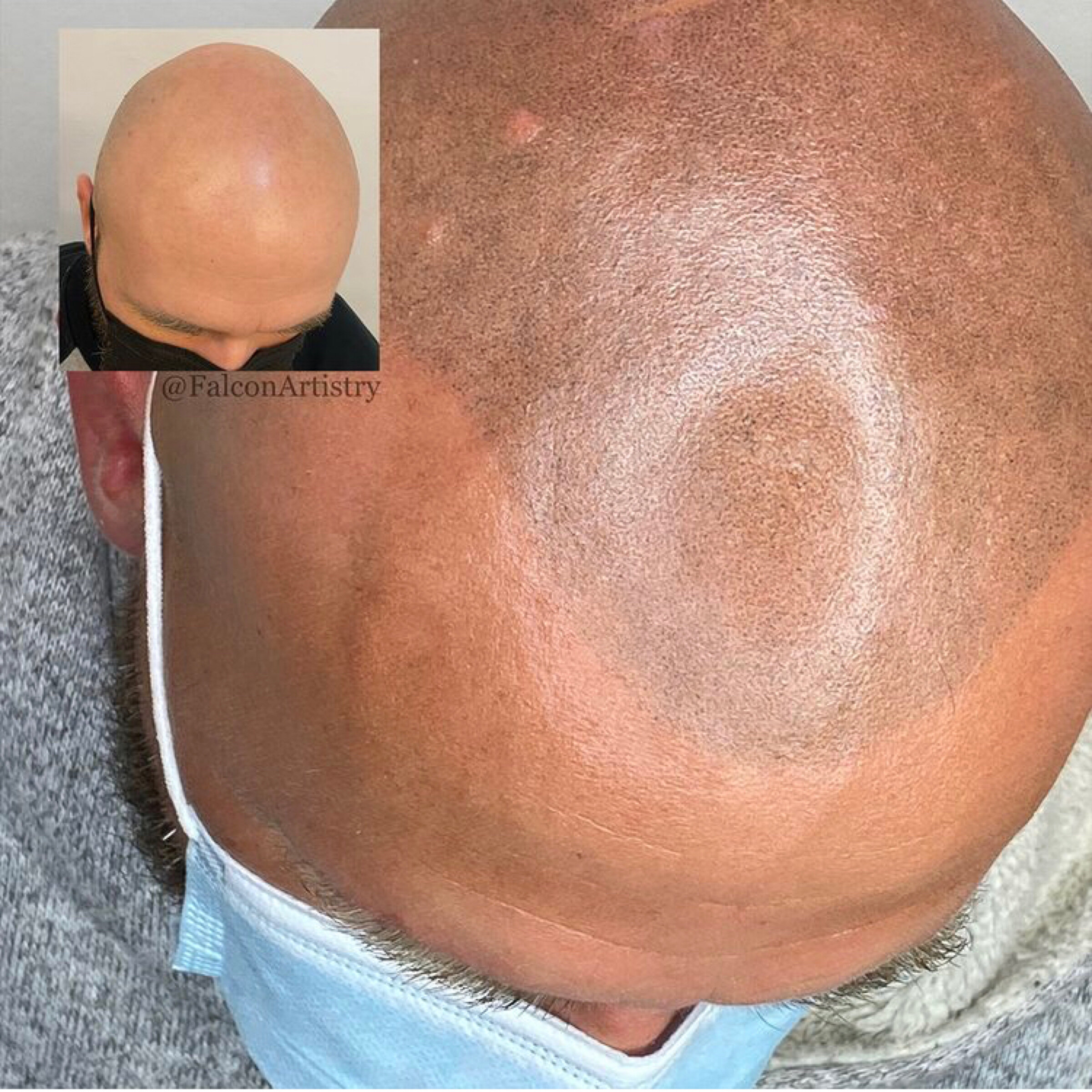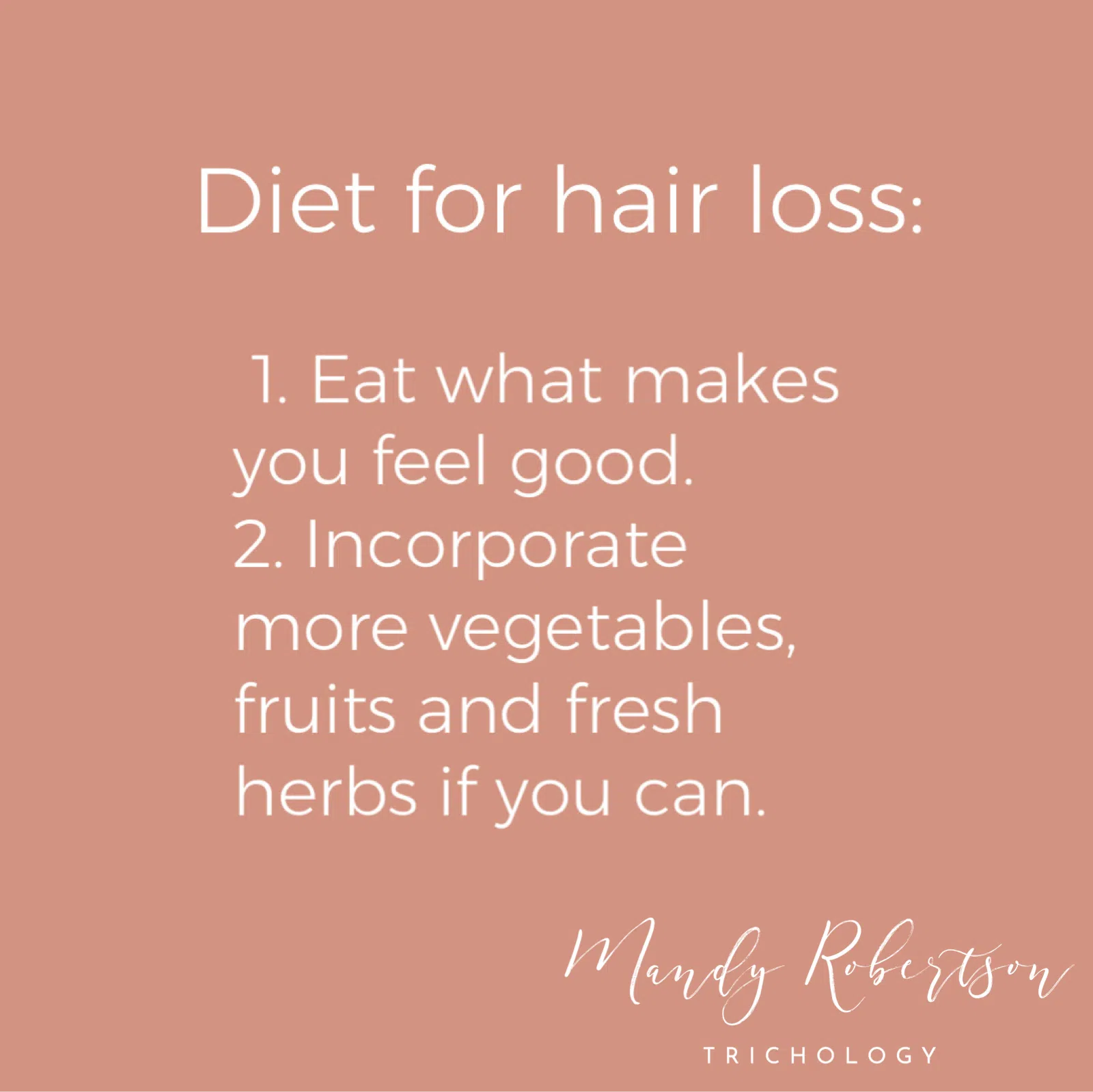Many people are aware that extreme stress can cause hair loss, but very few understand why or how this occurs. Since many of us are experiencing an unprecedented level of stress due to Covid, hair loss has been on the rise too. I thought I’d write a post to demystify the relationship between stress and hair loss.
When we talk about stress-induced hair loss, we usually mean telogen effluvium, or TE. TE is a type of hair loss that occurs when a triggering event prematurely forces an abnormal number of hairs from the anagen phase to the telogen phase of the hair cycle. TE typically presents as sudden, increased, diffuse hair shedding, that occurs around 2-3 months after the triggering event. Extreme stress is one potential trigger, and others include extreme weight loss, postpartum, high fever, starting or stopping certain medications, etc. Some forms of TE are temporary and will often correct themselves. Other types of TE can remain until the cause is found and corrected. Examples include low ferritin, nutritional deficiencies or malabsorption, thyroid issues, hypoglycaemia, and prolonged stress (sometimes due to the hair loss itself)!
The next question is, why does stress cause hairs to prematurely enter telogen? When we’re experiencing stress, our bodies release Substance P (and nerve growth factor) from our nerves. Substance P can lead to nerve cell degranulation, neurogenic inflammation around the hair bulge, and induce the collapse of the hair follicle immune protection. This can prevent hairs from staying in anagen, and lead to hair loss.
The final question is, what can be done about TE? Often, reassuring the client that the hair is being replaced and that this type of hair loss doesn’t result in baldness, greatly reduces their stress. When a client presents with TE, I often recommended that they visit their doctor to request certain blood tests to rule out any other underlying causes that can be treated. Lastly, it may be recommended that a client consider treatments such as topical hair growth stimulators (minoxidil or alternatives), vitamins, low-level-laser-therapy, carboxytherapy, etc.








